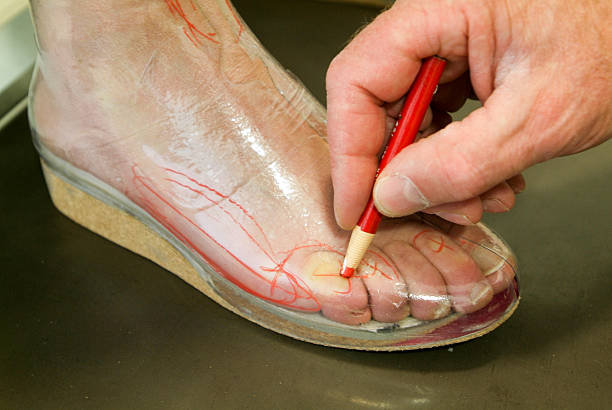Vascular/Circulation Testing

Vascular health is crucial for maintaining overall well-being, as it pertains to the network of blood vessels that transport blood throughout the body. Poor circulation can lead to a variety of health issues, including pain, numbness, and an increased risk of more serious conditions such as heart disease or stroke.
One common condition associated with poor circulation is peripheral artery disease (PAD), which occurs when arteries become narrowed or blocked, restricting blood flow to the limbs. Symptoms may include leg pain during physical activities, coldness in the lower legs or feet, and non-healing wounds. It’s important to address these symptoms promptly, as untreated circulation issues can worsen over time.
Several factors can contribute to poor vascular health, including a sedentary lifestyle, smoking, diabetes, and high blood pressure. To promote better circulation, incorporating regular physical activity is essential. Activities like walking, swimming, and cycling can help strengthen blood vessels and improve blood flow.
In addition to exercise, maintaining a healthy diet rich in fruits, vegetables, whole grains, and lean proteins can support vascular health. Staying hydrated and managing stress are also key components of a comprehensive approach to circulation.
If you’re experiencing symptoms related to poor circulation, such as persistent pain or unusual swelling, it’s crucial to consult with a healthcare professional. They can assess your condition and recommend an appropriate treatment plan, which may include lifestyle changes, medications, or other interventions to improve your vascular health.
